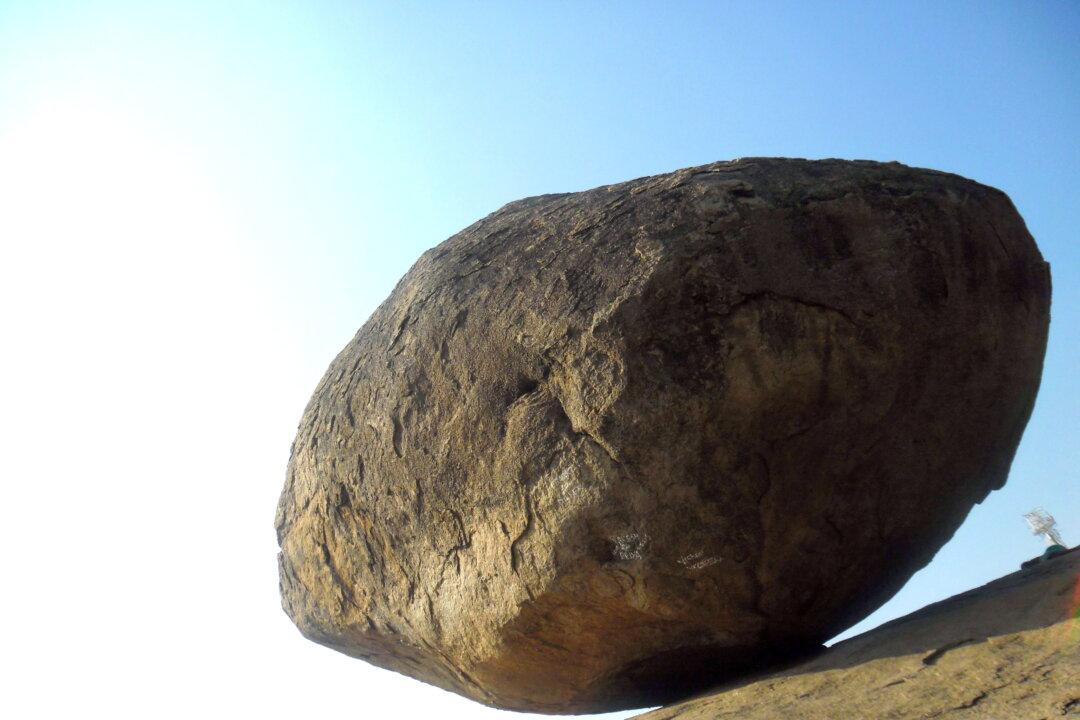Although science has made much progress in the past century, there are still numerous ethical issues that need to be addressed by the scientific community. One such issue is that of the creation of artificial life. For some, this is part of the logical progress of scientific knowledge; for others, this is a realm that should not be intruded upon by human beings. Concepts relating to the creation of artificial life, such as genetic engineering and human cloning are relatively modern scientific ideas. In the past, however, it was in the field of alchemy that medieval scientists sought to artificially create life. One of the beings that alchemists were rumored to have successfully created was the homunculus, meaning “little man” in Latin.
The homunculus is first referred to in alchemical writings of the 16th century. It is likely, however, that this concept is older than these writings. The idea that miniature fully-formed people can be created has been traced to the early Middle Ages (400 to 1000 A.D.), and is partly based on the Aristotelian belief that the sperm is greater than the ovum in its contribution to the production of offspring.





